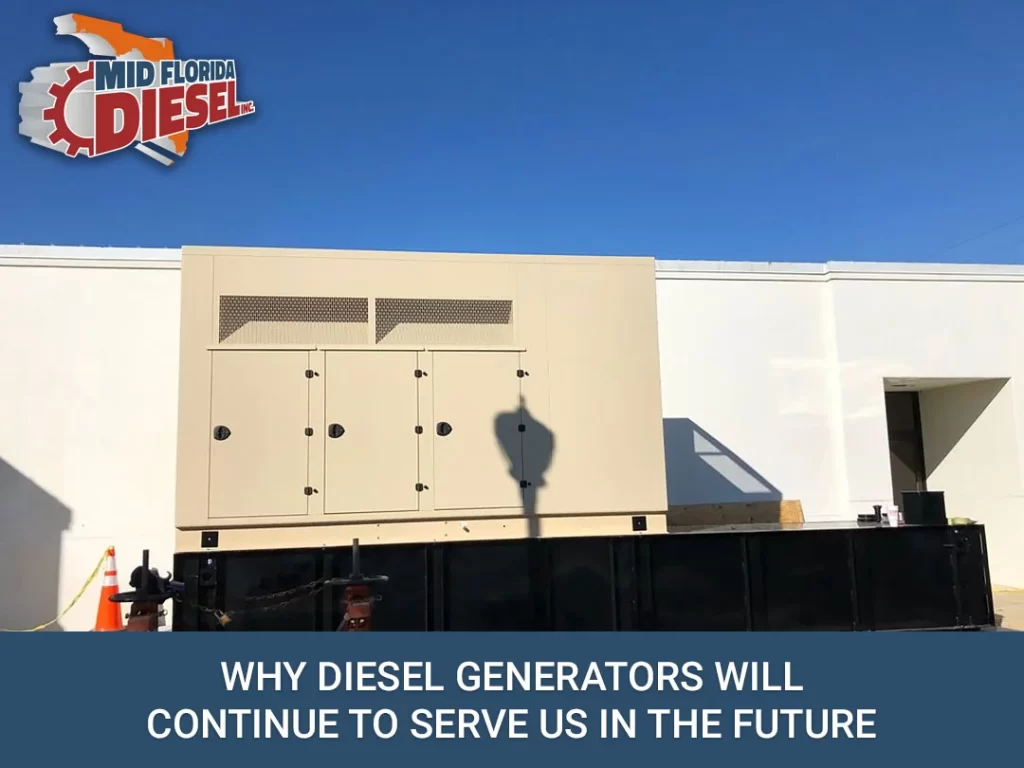 COP26 has reached its end, and the different political parties worldwide will be keen to implement more stringent and newer environmental regulations. These new developments and trends will include Tier 4 regulation standards apart from others. The fact remains that diesel generators are reliable, sturdy, ubiquitous, and probably irreplaceable with the currently available power-generating options. Although we will get more regulatory changes, diesel generators are here to stay. It is still a leading emergency and portable power generation source for several industries.
COP26 has reached its end, and the different political parties worldwide will be keen to implement more stringent and newer environmental regulations. These new developments and trends will include Tier 4 regulation standards apart from others. The fact remains that diesel generators are reliable, sturdy, ubiquitous, and probably irreplaceable with the currently available power-generating options. Although we will get more regulatory changes, diesel generators are here to stay. It is still a leading emergency and portable power generation source for several industries.
Diesel generators have become quieter and cleaner than ever before
These Tier 4 regulations, without a doubt, are the toughest regulations ever to be imposed on diesel generator makers and operators. However, it has also brought about a revolution in the technology used for diesel generators, making them more reliable and efficient. We are watching advances in combustion chambers and pre-chamber functions together with better fuel injection. This has meant that we are getting diesel generators with unparalleled efficiency and power. There have also been developments in diesel fuel and additives chemistry with another composition, making sure that modern diesel has less sulfur and other particulates. EGR, or Exhaust Gas Circulation, has also been developed to reduce fuel use and emissions.
Diesel generators for mobile power production
It is possible that several years in the future, renewable energy-powered generators will come to the forefront for both commercial and domestic generator markets. As they say, progress is always inevitable. However, for now, we see a continuous risk of grid failures and power outages. Diesel generators, on the other hand, have a widespread infrastructure and are readily available. There is a huge cost involved in shifting away from diesel generators. All this means that the use of diesel generators will continue for at least another 20 years.
Phasing out diesel generators
The first places that will try and phase out diesel generators will be the industrialized countries. So, this development is likely to begin in Canada, the United States, and Western Europe. But even after it has started, there will be several more decades before this process finds footing in places such as Asia, Africa, and South America. This remains the truth for less developed other areas. There just aren’t any financial resources, political will, the requisite technical skills, and the infrastructure needed for making an effective transition.
Market growth for diesel generators
If sources are to be believed, the worldwide diesel generator industry surpassed 20 billion USD in the year 2019. It is expected that diesel generators will produce more than 4 million units by the year 2030. With the world fighting against more and more unpredictable disasters having an easily deployable and reliable backup solution has become invaluable for customers across the globe. The diesel generator market is growing exponentially in some eastern countries. This does not include China, though. Because of the outbreak of coronavirus, the output of countries producing these gen-sets has shrunk a lot.
There are some manufacturers available that emphasize offering quality and bespoken diesel generators that can cater to the specific requirements of clients. More than 50% of these diesel generators are used in the form of standby gensets. Healthcare and residential industries continue to be the main clients of diesel power solutions. All in all, diesel power holds more than 70% of the generator market share, according to several reports. There are no signs of the market slowing down, and there is proof available in numbers for this. If you are looking to get quality power, you are going to need diesel generators. Reach out to Mid Florida Diesel for all your diesel generator needs.





